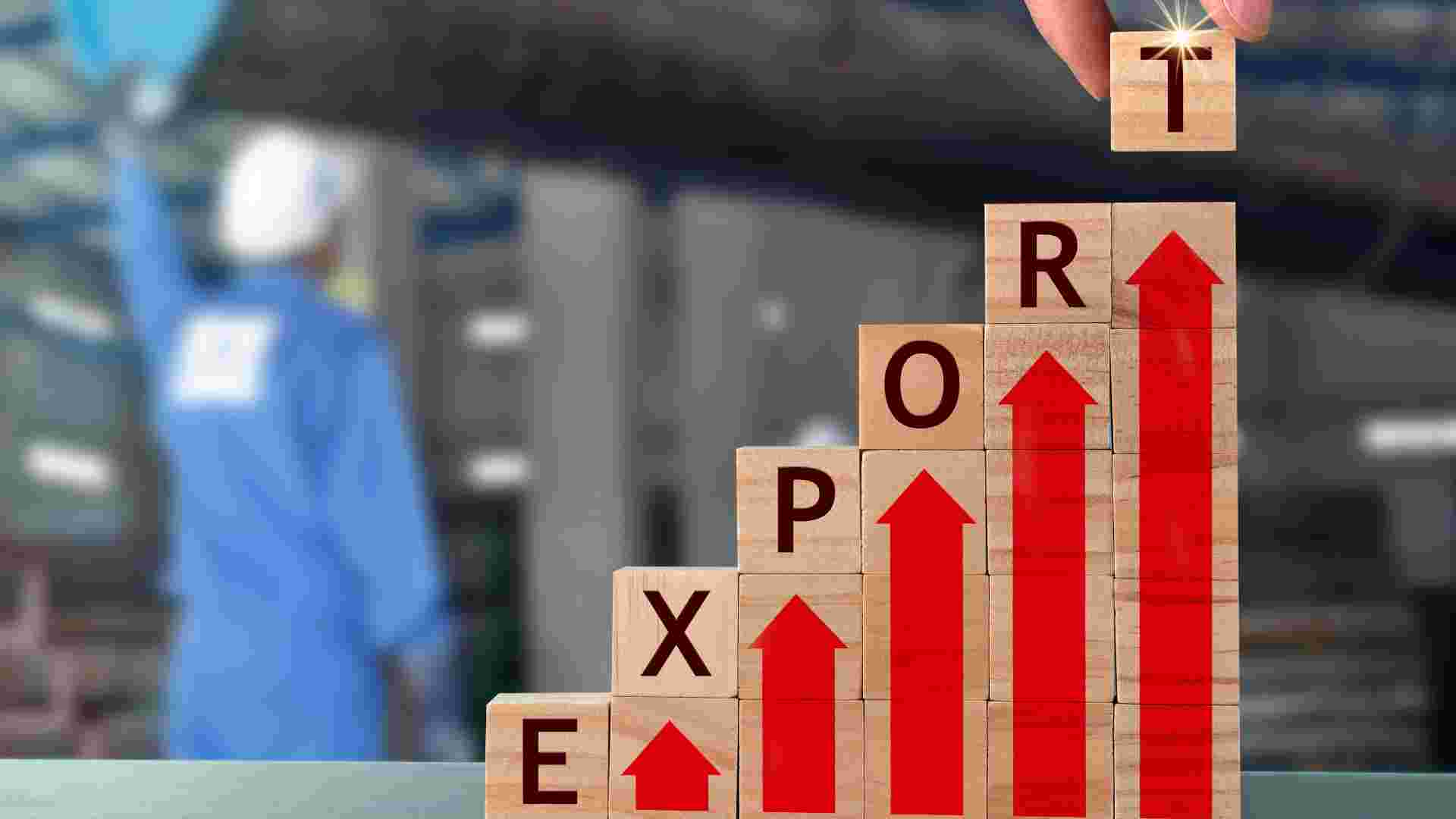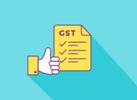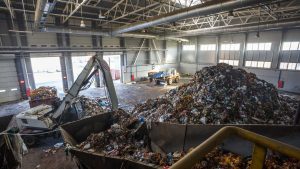![]()
Guiding Through DGFT Rules: Practical Solutions for Catalytic Converter Exporters in India
Exporting catalytic converters from India involves adherence to the Directorate General of Foreign Trade (DGFT) regulations. These regulations are crucial to ensure compliance with international trade norms and environmental standards. However, exporters often face challenges in navigating these regulations effectively. In this blog, we will discuss practical solutions and best practices to overcome common challenges faced by DGFT Rules: Solutions for Catalytic Converter Exporters in India.
Understanding DGFT Rules: Solutions for Catalytic Converter Exporters in India
The first step for exporters is to understand the DGFT guidelines pertaining to catalytic converters thoroughly. DGFT regularly updates its policies, and staying informed about the latest regulations is essential. Regularly checking the DGFT website, attending seminars, and seeking guidance from trade associations can help exporters stay abreast of the evolving regulatory landscape.
Comprehensive Documentation:
Accurate and comprehensive documentation is critical for successful exports. Ensure that all required documents, such as the Bill of Entry, Commercial Invoice, Certificate of Origin, and relevant testing certificates, are in order. Implementing a robust documentation system can help avoid delays and rejections due to incomplete paperwork.
Product Classification and HS Code Verification:
Properly classifying catalytic converters and verifying the Harmonised System (HS) code is essential. Misclassification can lead to customs-related issues and delays. Utilise the services of customs experts or classification tools to determine the HS code for your product accurately. This ensures that your exports are categorised correctly, streamlining the customs clearance process.
Quality Standards and Testing:
Catalytic converters must comply with specific quality standards to meet international requirements. Implementing a stringent quality control process and ensuring that products undergo necessary testing is crucial. Engage with accredited testing laboratories to obtain valid test reports. This not only helps in complying with DGFT regulations but also enhances the credibility of your products in the international market.
Environmental Compliance:
Catalytic converters are subject to environmental regulations. Ensure that your products adhere to emission standards and environmental norms of the destination country. Providing documentation that proves compliance with environmental regulations can expedite customs clearance and build trust with international buyers.
Customs Valuation and Duty Calculation:
Accurate customs valuation is crucial for determining the applicable duties and taxes. Understand the methods of customs valuation and ensure that you correctly calculate the value of your catalytic converters. Consulting with customs experts or hiring a customs broker can be beneficial in this regard. This helps in avoiding disputes with customs authorities and ensures a smooth export process.
License and Authorisation:
Some exports may require specific licenses or authorisations from DGFT. Check whether your catalytic converters fall under any restricted category and obtain the necessary permits in advance. This proactive approach can prevent delays and legal complications during the export process. DGFT Rules: Solutions for Catalytic Converter Exporters in India.
Utilising Export Incentives:
Explore export incentive schemes provided by DGFT to promote exports. Schemes such as the Merchandise Exports from India Scheme (MEIS) or the Export Promotion Capital Goods (EPCG) Scheme can offer financial benefits to exporters. Understanding and leveraging these schemes can enhance the competitiveness of your catalytic converters in the global market.
Engaging with Customs Brokers:
Customs procedures can be complex, and engaging with experienced customs brokers can be highly beneficial. Customs brokers can navigate the intricacies of customs clearance, ensuring that your catalytic converters comply with DGFT regulations. They can also provide valuable insights into changes in customs procedures and help you stay compliant.
Regular Training for Staff:
Export regulations are dynamic, and staff involved in the export process must be well informed. Conduct regular training sessions to update your team on the latest DGFT regulations, documentation requirements, and procedural changes. This ensures that everyone involved in the export process is knowledgeable and can contribute to seamless compliance.
Conclusion: DGFT Rules: Solutions for Catalytic Converter Exporters in India
Exporting catalytic converters from India to international markets requires a meticulous approach to compliance with DGFT regulations. By understanding and addressing common challenges through comprehensive documentation, accurate product classification, adherence to quality and environmental standards, and leveraging export incentives, exporters can enhance their competitiveness and navigate the export landscape successfully. Engaging with customs experts and providing continuous training to staff further strengthens the export process, fostering a culture of compliance and efficiency. By adopting these practical solutions and best practices, exporters can overcome challenges and tap into the vast opportunities for catalytic converters in the global market.





